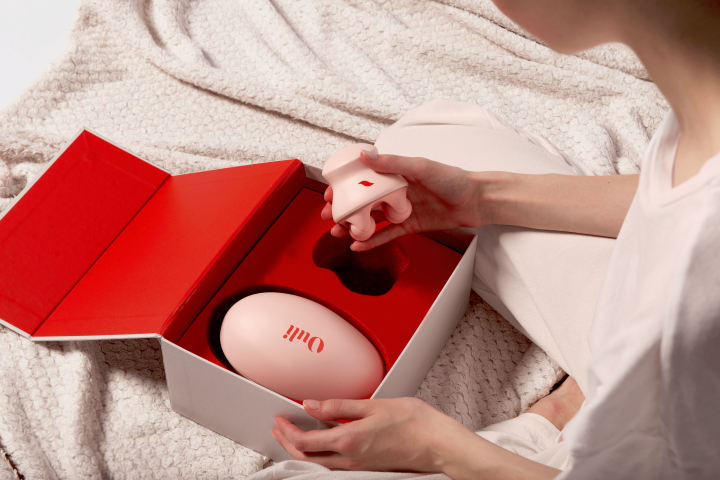
Ouli, a startup developing an innovative system for at-home scar therapy following caesarean sections, has closed its first angel investment round to fund evaluation of its product, the company announced today.
The pre-seed funding round was led by Wojciech Faszczewski, CEO of Coloplast Business Centre in Szczecin and an experienced medtech investor. Beyond providing capital, Faszczewski brings expertise in scaling medical products and internationalization to support Ouli’s growth.
Ouli addresses the need for accessible, remote healthcare solutions for post-surgical recovery. The company’s system enables women to perform effective, data-driven scar treatments independently at home under the remote supervision of physiotherapists, addressing both health and accessibility challenges.
According to the company, scars from caesarean sections represent more than just cosmetic concerns—they can lead to permanent health complications without proper therapy. Current treatment options are often expensive and time-consuming, creating barriers to care for many women.

“A scar after such a major surgery is not just a cosmetic issue, but above all a health concern,” Ouli founder & CEO Hanna Harkawy stated. “Without proper therapy, which currently can be expensive and time-consuming, it can lead to permanent health complications. That’s why our goal at Ouli is to enable women to perform effective, data-driven treatments on their own, under remote supervision of a physiotherapist.”
The funding will support the company’s ongoing testing with its first user group and enable progression through regulatory evaluation processes. Ouli has also begun discussions with international partners interested in piloting the technology.
The system is designed to scale across public, private, and home care sectors, potentially transforming how post-surgical scar therapy is delivered. By enabling remote treatment supervision, Ouli aims to make specialized care more accessible while reducing costs and improving outcomes for women recovering from caesarean deliveries.



